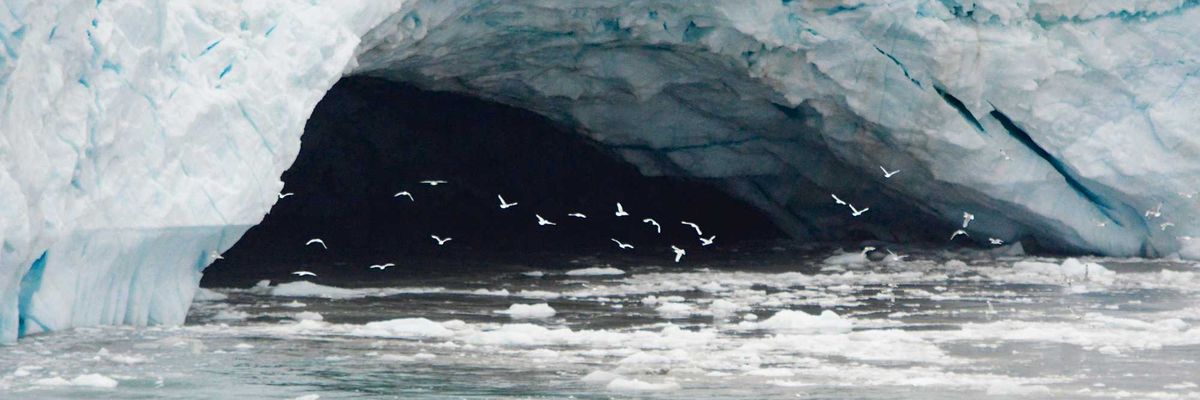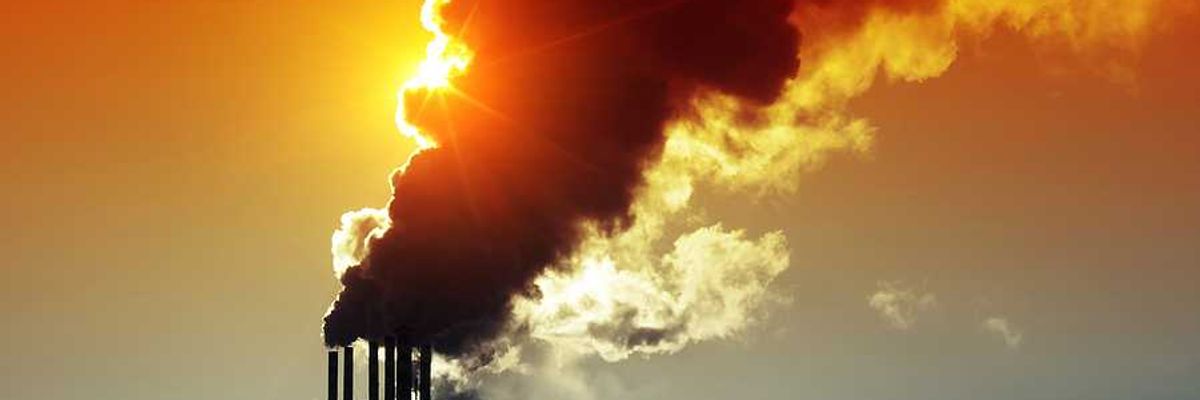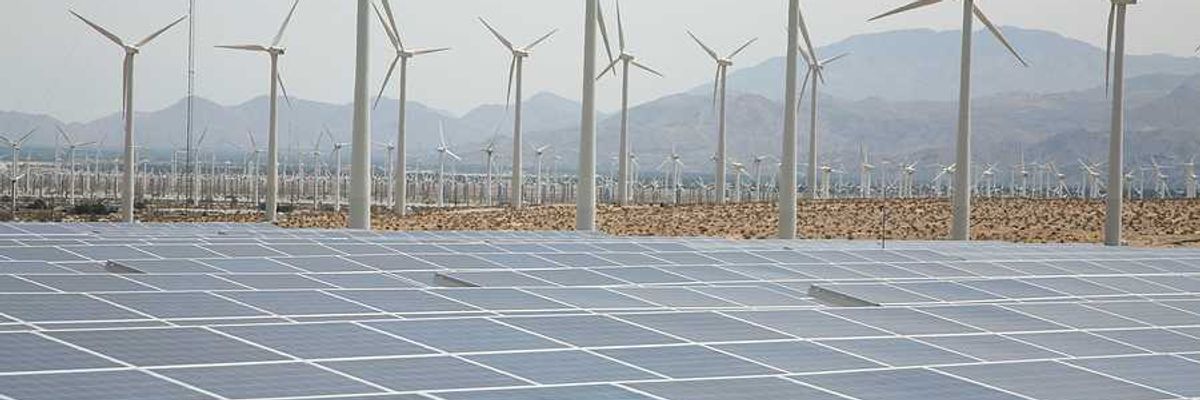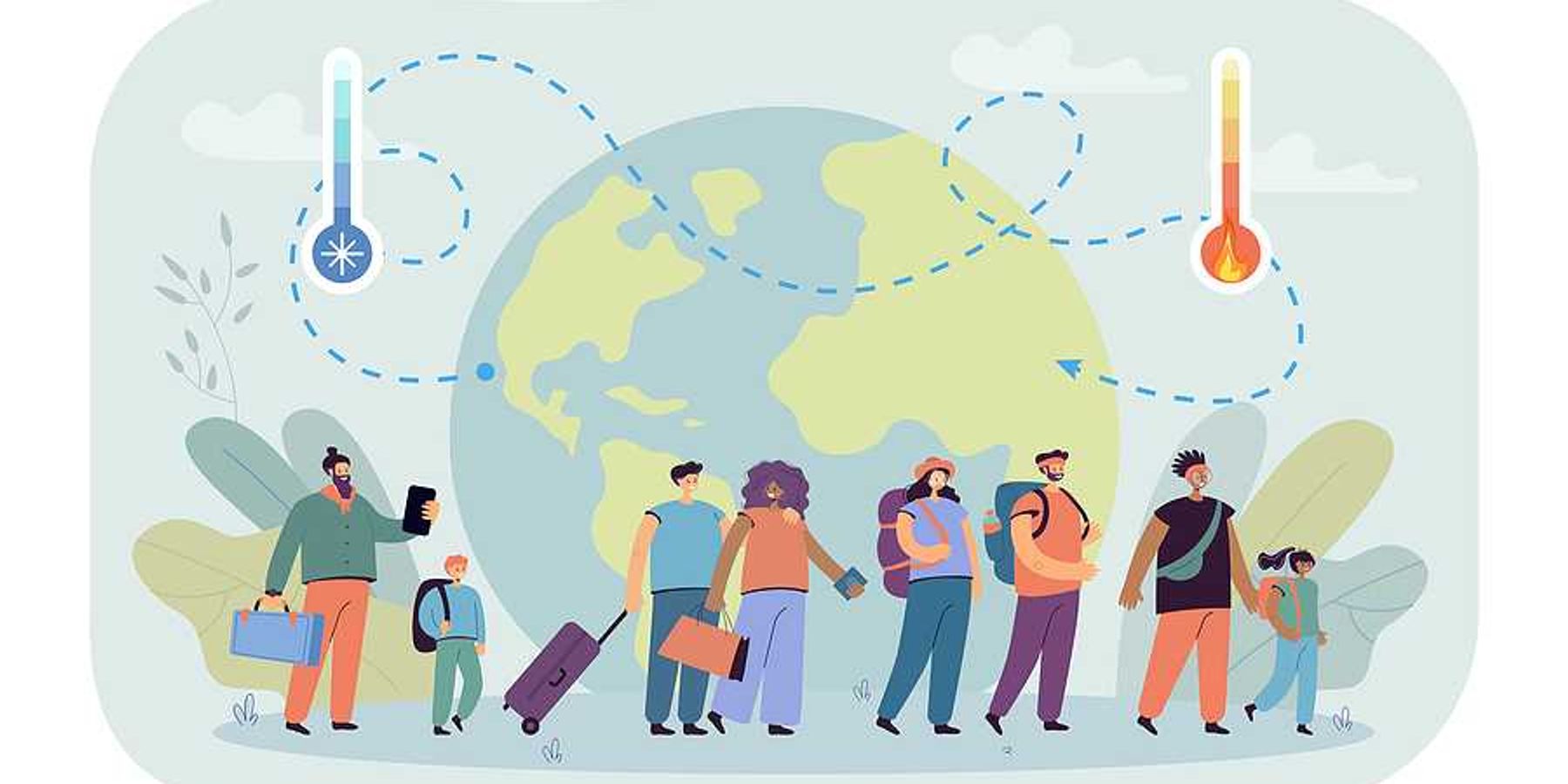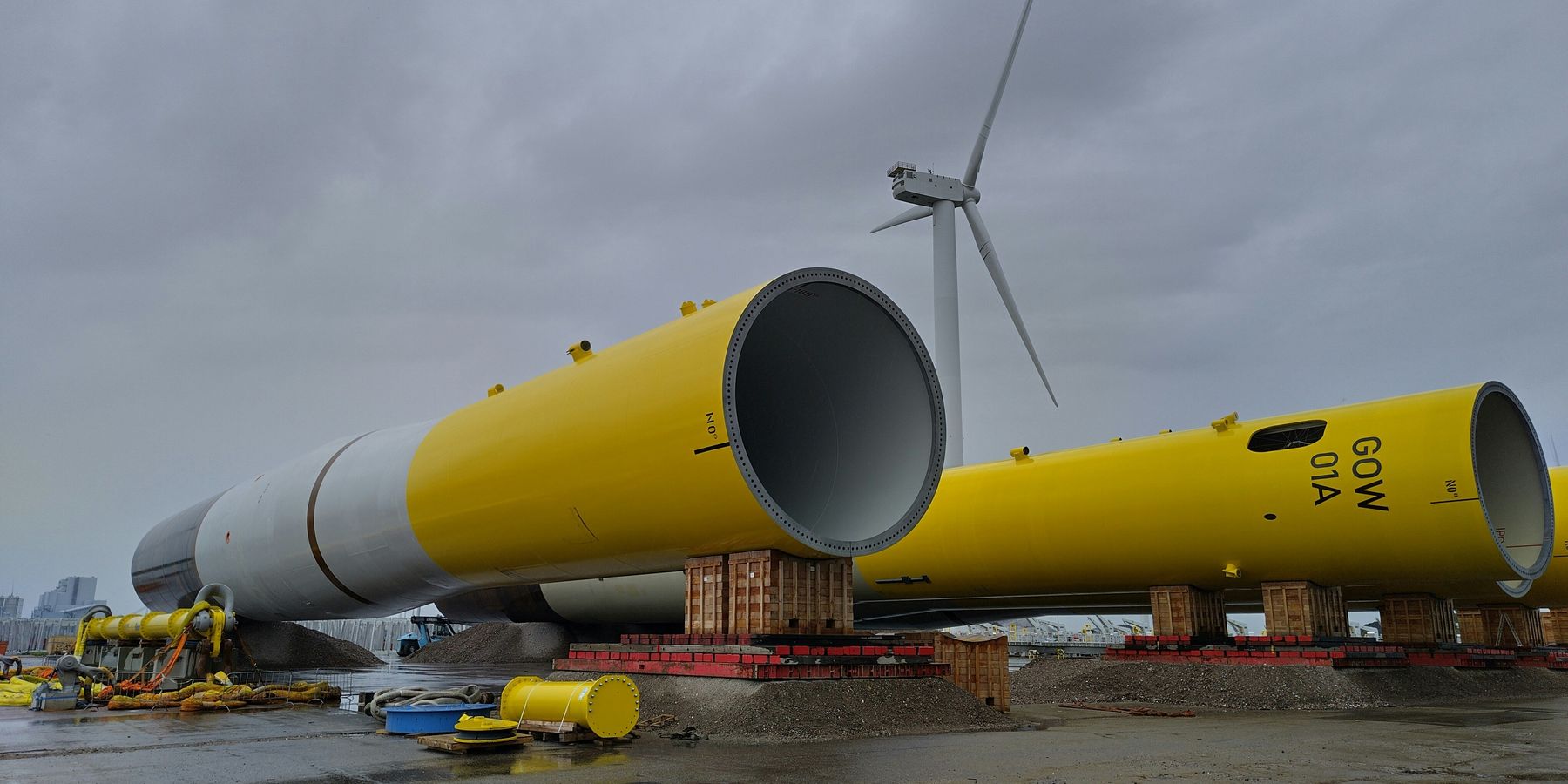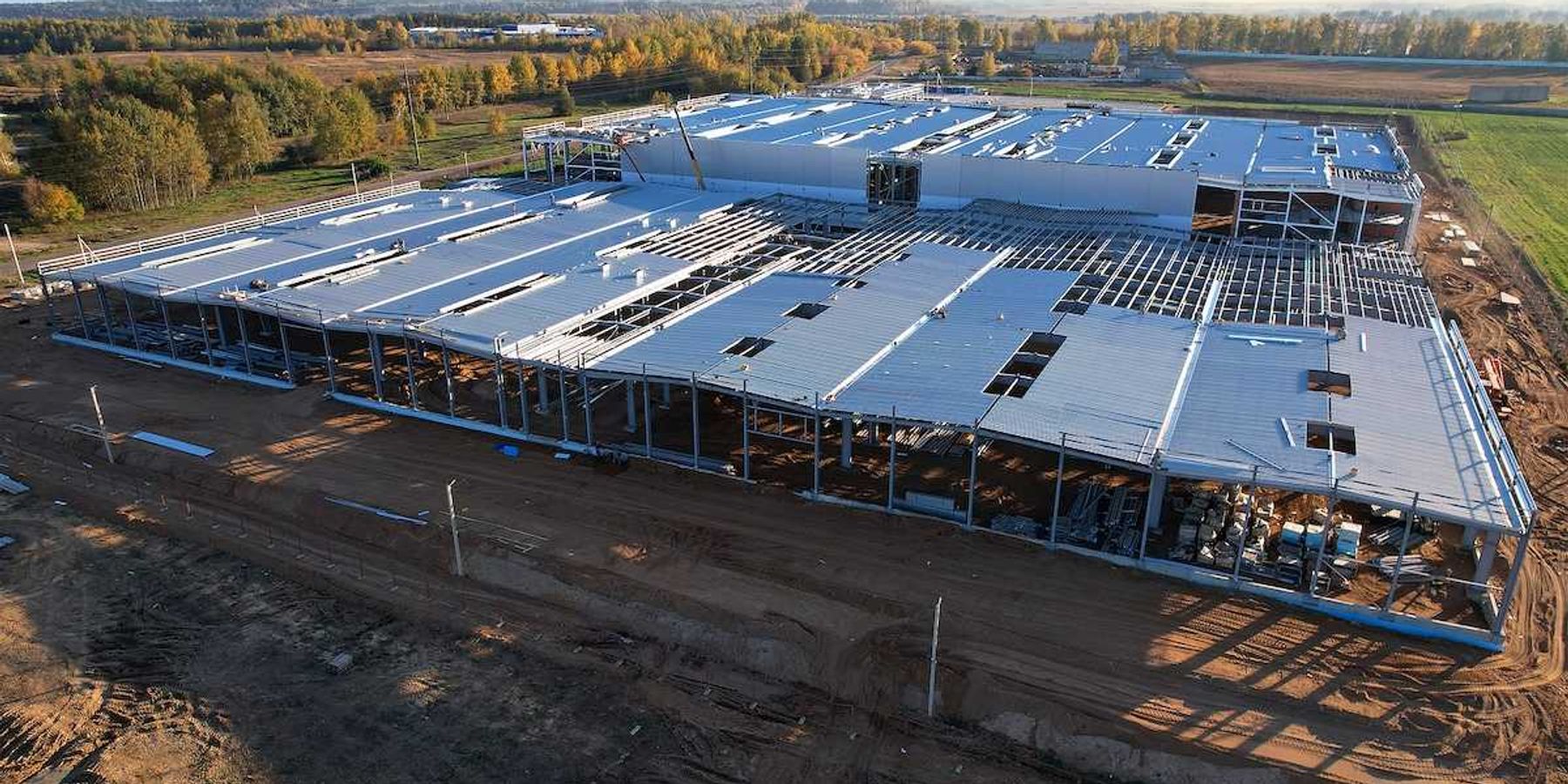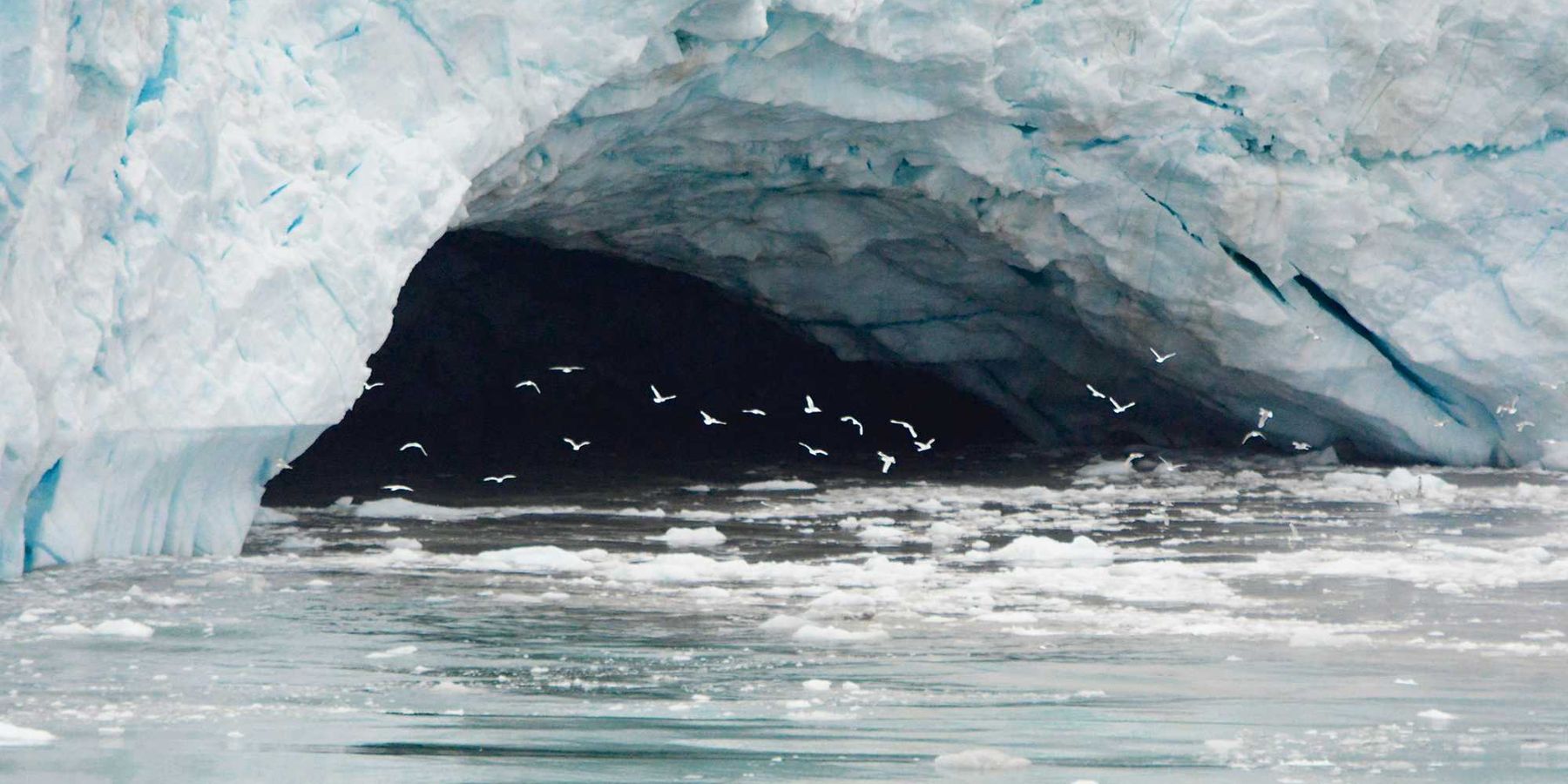world bank
World Bank suggests reprioritizing agricultural subsidies to combat climate change
The World Bank proposes shifting subsidies from high-emission foods like red meat and dairy to more sustainable options such as poultry and vegetables, aiming to reduce global greenhouse gas emissions.
In short:
- The World Bank's new strategy focuses on reallocating funds to support less carbon-intensive foods, like chicken and vegetables.
- This approach could drastically lower the agriculture sector's contribution to global emissions, currently at nearly one-third.
- The plan coincides with upcoming updates to the Paris Agreement, stressing the urgency of enhanced climate action in food production.
Key quote:
“We have to stop destroying the planet as we feed ourselves.”
— Julian Lampietti, manager for global engagement in the World Bank's agriculture and food global practice
Why this matters:
Red meat and dairy are among the most resource-intensive and polluting agricultural sectors, contributing significantly to greenhouse gas emissions, deforestation, and water scarcity. By diverting subsidies to lower-emission alternatives such as poultry and plant-based products, the initiative aims to mitigate these environmental concerns while fostering a more sustainable and resilient food system.
Related EHN reporting:
World Bank chief predicts climate push can survive Trump
World Bank's climate reparations role draws criticism
The World Bank, known for its controversial history, now manages a climate reparations fund, sparking debate over its suitability for this role.
In short:
- The World Bank, with a history of questionable impacts on developing nations, is now overseeing a climate reparations fund, raising concerns about its effectiveness and trustworthiness.
- Developing countries express distrust in the World Bank due to its U.S.-dominated structure and past failures, fearing the fund's management may not align with their needs.
- The fund's bureaucratic and costly management style, coupled with the World Bank's track record in fossil fuel investments, adds to the skepticism about its role in combating climate change.
Key quote:
"The structure of the international organizations [like the World Bank] reflects a global power structure that is no longer the case, no longer true."
— Paul Cadario, Distinguished Fellow, University of Toronto
More Top News:
Visit Environmental Health News for the latest breaking news on environmental health and climate change.
The World Bank is running the first-ever climate reparations fund. Nobody is happy about it
World Bank President Ajay Banga addresses climate change
US, EU blamed as climate fund talks break down over World Bank push
Recriminations were spreading Saturday morning after the failure of talks on the creation of a new fund to help vulnerable countries rebuild from climate disasters.

